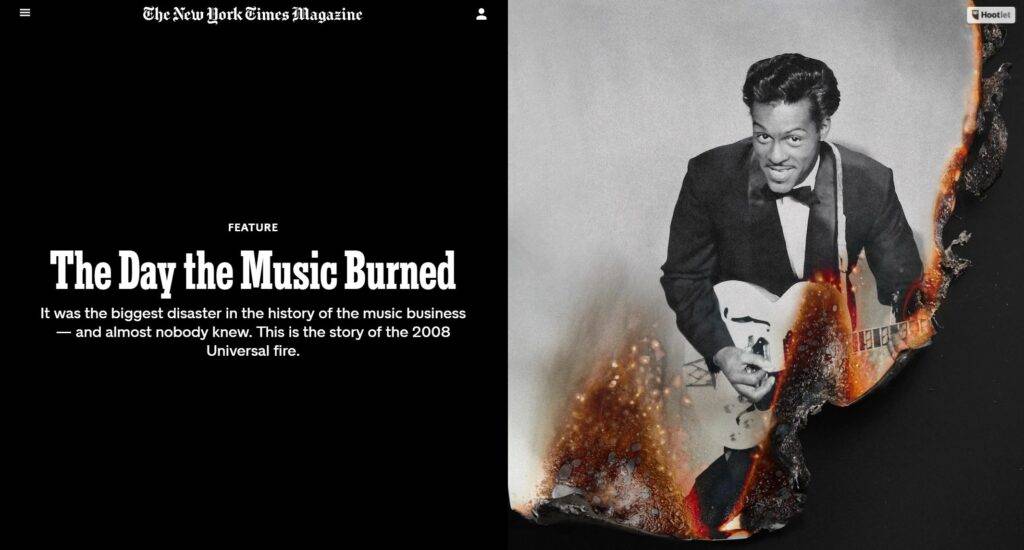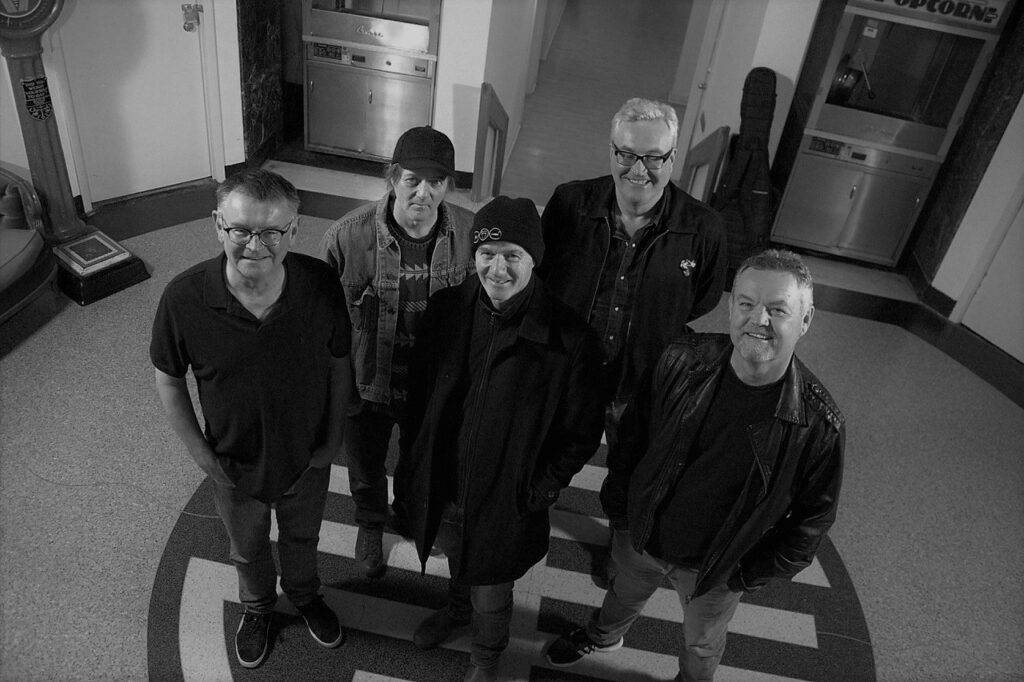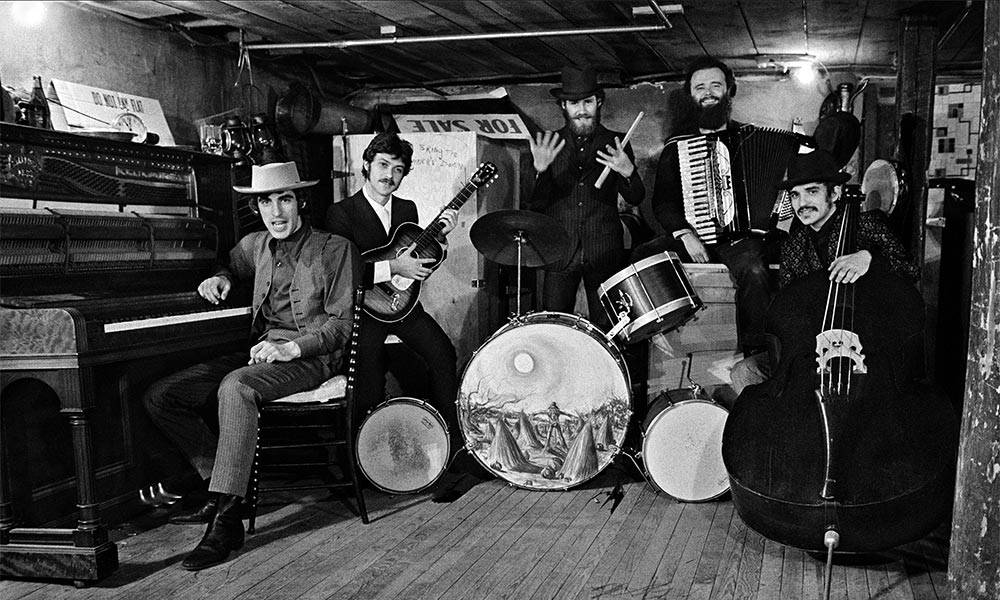
Album Of The Week: High On Fire ‘Cometh The Storm’
An act of God can leave you cowering before nature — but not every storm cometh the same.
During a camping trip in Tennessee last month, 40-mile-per-hour gusts of wind had the walls of my family’s tent expanding and contracting in such disconcerting fashion that we began to imagine those videos of bounce houses flying away. Our attempt to retreat to a hotel was thwarted when the only road out of our campground was blocked by a fallen tree, so we rode out the night in the parking lot as other trees fell nearby — including one directly atop a campervan at a campsite right next to ours. A week later, when tornadoes were forecasted back home in Columbus, the whole city shut down and battened the hatches, only to be greeted by zero serious funnel clouds and the most glorious double rainbow.
There are no rainbows on a High On Fire album. For more than a quarter-century, Matt Pike and his rhythm section have consistently delivered crushing blows, unleashing some of the sludgiest, most doom-laden stoner metal to ever approximate Hell on Earth. It is remarkable how reliably awesome this band has become, how enthralling their new music continues to be while making only the slightest adjustments to their time-tested formula. New album Cometh The Storm, High On Fire’s first in almost six years, features a bit more spooky keyboard stuff than usual, and when Pike steps to the mic, he sounds more like a ragged ogre than ever — both positives to these ears. But on the most basic level it’s High On Fire doing the thing they’ve always done, doing it arguably better than anyone else.
Stoner metal is not always this filthy, and it’s rarely so dynamic. Due to the genre’s droning, groove-oriented nature and a tendency toward the kind of bluesy pentatonic riffs that were already curdling into cliché by the time Pike was born, there’s a lot of potential for empty bluster. (When your cousin’s loser boyfriend who used to follow the Sword around on tour invites you to come see his power trio play second on a five-band bill, feign an illness.) Part of the brilliance of High On Fire is the way Pike subverts the genre’s most basic template with twisted, discordant riffs far too ugly for your local blooz fest. There’s also the sheer force summoned by Pike, bassist Jeff Matz, and new drummer Coady Willis, who’s logged time with bands no less crushing than Melvins, Big Business, and Murder City Devils. Converge’s Kurt Ballou, who produced the last three High On Fire albums and many more of the heaviest albums of the 21st century, is back behind the boards here, once again showing off his ability to make noisy, chaotic music hit obscenely hard.
Opener “Lambsbread” launches us straight into the lurch. Willis gets a rolling, pounding introduction behind the kit as power chords stretch and wobble like a skyscraper in a constant state of collapse. Pike angrily growls within the tumult, seemingly about some kind of weed ceremony, before the resounding fuzz drops out and the song pivots to a patch of Eastern psychedelia, building up and tearing down waves of violent sound atop an almost serene foundation. It’s like Pantera’s Far Beyond Driven took a wrong turn and ended up at Queens Of The Stone Age’s “Lightning Song,” which is to say it rules. That tangent previews the one real outlier on Cometh The Storm, “Karanlık Yol,” an instrumental on which Matz shows off his recent mastery of the bağlama, a Turkish folk instrument.
“Karanlık Yol” arrives about halfway into the tracklist, working as an intermission of sorts between two heaving, churning halves. High On Fire find some variety within their template; Pike’s anguished howls and war cries sound different within the intense ugliness of “Trismegistus” versus “Hunting Shadows,” the album’s most melodious and anthemic offering. Lead single “Burning Down” throbs and pummels with a forceful urgency, while “Cometh The Storm” slows things down to a girthy crawl, as if the song is such a behemoth that it can’t move any faster. Sometimes the sound is pure sonic muscle; other times, when Pike switches from power chords to slicing, squealing guitar heroics, there are flashes of finesse amidst the power. It all ends with “Darker Fleece,” 10 minutes that sound like a Godzilla-scale monster slowly, steadily destroying a major metropolitan area.






Responses